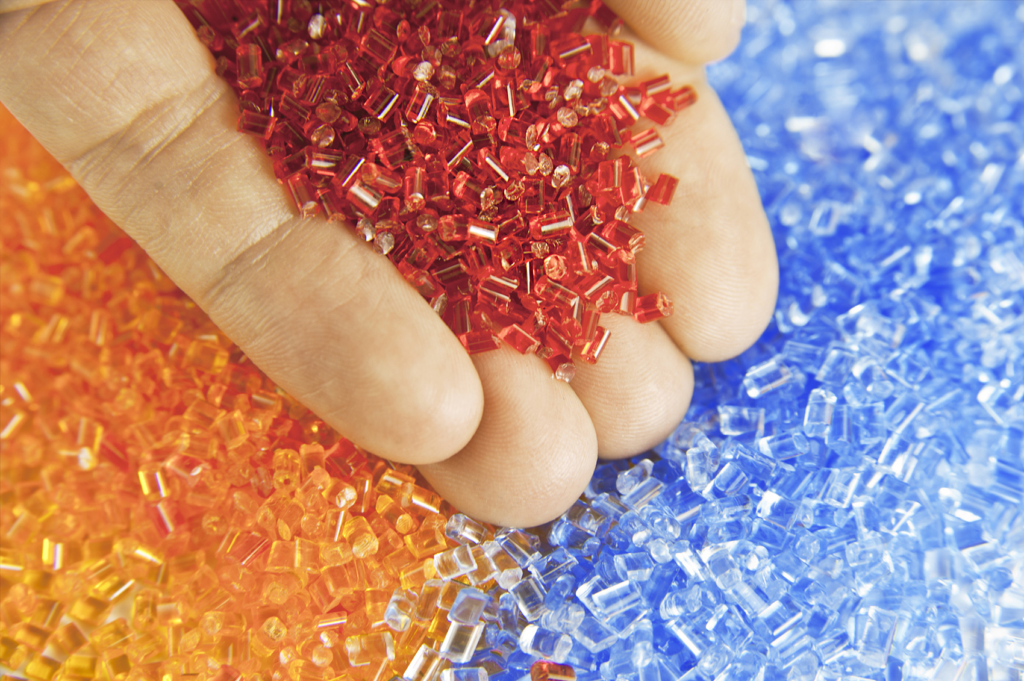Что такое полимерные добавки

Термин "полимерные добавки" может относиться к нескольким понятиям в зависимости от контекста, особенно в области химии и материаловедения. Вот общий обзор:
1. Полимерные добавки
В контексте химии полимеров, "полимерные добавки" часто относится к различным добавкам, смешанным с полимерными основами для улучшения или изменения их свойств.. Эти добавки необходимы для производства функциональных и универсальных материалов, подходящих для конкретных применений.. Распространенные типы полимерных добавок включают:
- Пластификаторы: Добавлено, чтобы сделать пластик более гибким и простым в обращении..
- Стабилизаторы: Помогите полимерам противостоять разрушению под воздействием света., нагревать, или кислород.
- Наполнители: Используется для улучшения таких свойств, как прочность., термическое сопротивление, или сократить расходы. Общие наполнители включают тальк., карбонат кальция, и стекловолокно.
- Красители: Красители и пигменты, придающие пластику цвет..
- Огнезащитные средства: Уменьшите воспламеняемость материала..
- Антиоксиданты: Предотвратить окисление, что может привести к ослаблению и ломкости.
- Модификаторы воздействия: Улучшите способность материала поглощать удары, не разрушаясь..
2. Полимерные смеси
Добавление полимеров также может подразумевать смешивание различных полимеров для создания композитного материала, который использует полезные свойства каждого компонента.. Эти смеси не являются простыми смесями, а предназначены для достижения улучшенных характеристик, таких как повышенная механическая прочность., термическая стабильность, или химическая стойкость.
3. Агенты переноса цепи при полимеризации
В производстве полимеров, особенно во время реакций полимеризации, определенные добавки вводятся в качестве агентов передачи цепи. Эти агенты добавляются для регулирования молекулярной массы полимера путем переноса концов активной цепи во время реакции., эффективно контролируя процесс полимеризации и свойства конечного продукта.
4. Функциональные группы в сополимерах
Добавления в сополимеры относятся к интеграции различных мономеров для создания сополимеров с особыми свойствами.. Этот процесс включает химическое добавление различных функциональных групп во время полимеризации для достижения желаемых эксплуатационных характеристик конечного полимера..
5. Постполимеризационные модификации
Иногда, "дополнения" относится к химической модификации существующих полимеров. Это может включать прививку новых функциональных групп к основной цепи полимера после постполимеризации для придания новых свойств или улучшения существующих, таких как растворимость., совместимость, или реактивность.
Каждое из этих применений "полимерные добавки" играет решающую роль в разработке и промышленном применении полимерных материалов., подчеркивая обширный и адаптируемый характер химии полимеров. В зависимости от ваших конкретных потребностей или отрасли, понимание и применение этих добавок может существенно повлиять на характеристики и пригодность полимерных материалов..


